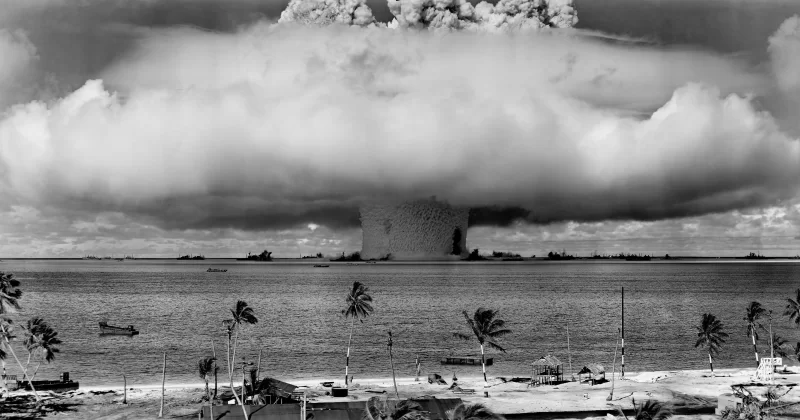
Abstract
In the context of the Cold War between the two blocs, nuclear deterrence played an essential role in preserving international stability and peace. Indeed, this concept has conditioned the defense strategies of both sides and resulted in the establishment of various treaties and agreements with the aim of limiting the nuclear intentions of states, thus the international security and stability. However, we live today in an era that could be described as a multipolar configuration in which the traditional Cold War world order no longer exists. The emergence of new global and regional powers, some of which already possess nuclear weapons or are on the verge of obtaining them, has called into question the relevance of the main agreements that we will present in our paper. Yet, despite these treaties the world today seems particularly unstable. It is therefore relevant to ask how effective these agreements really are, and whether nuclear deterrence is still relevant or not. Thus, in this paper we will try to determine how disarmament, arms control, and non-proliferation treaties face structural limitations in achieving their peace objectives, requiring a more pragmatic approach among actors. And it appears that, despite their indispensability during the Cold War and their relevance as a reference point in international relations today, these disarmament treaties seem to be proving their limits and losing their influence, especially since the beginning of the 21st century. As above mentioned, with the emergence of new global and regional powers on the one hand, and in a context of the influence of private economic actors leading to the decline in the margin of maneuver of states in international relations, it is possible to ask whether the latter are not at risk of being influenced by the former in their military choices. Indeed, we realize that what keeps the nuclear deterrent going is not that one actor is essentially convinced of its utility, but the sum of interests, that seem to be eminently paradoxical and costly. As a matter of fact, we concluded that these disarmament agreements do have effects, even if they are not as spectacular as we would expect them to be. The most important question to keep in mind is "what are the political effects of these decisions? " They have political aims and sometimes unexpected political effects, leading actors to deviate from their usual actions, to adapt, to circumvent certain measures.
Author, S. Direk
Keywords: Nuclear deterrence; Non-proliferation treaty; Disarmament; Nuclear powers
Read the article The relevance of nuclear deterrence today
Cookies are used on this site to improve the user experience.
By clicking on one of the links, you accept the use of cookies.